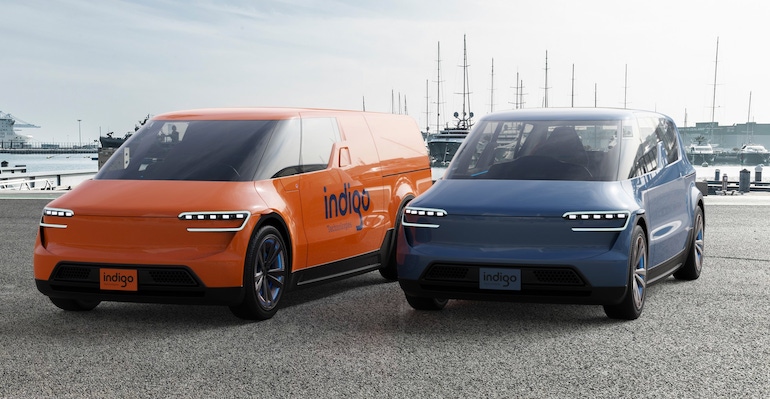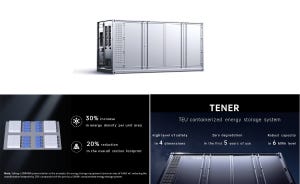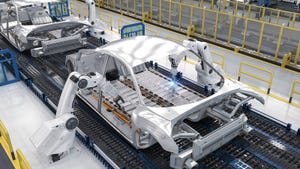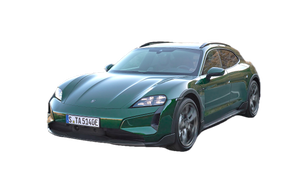An EV startup plans a new class of smooth riding and roomy electric vehicles that are highly efficient and affordable for fleets and drivers.
January 5, 2022

As electrification takes hold of the transportation sector, one unexpected outcome is the potential for small start-up firms to create highly targeted vehicles to meet the needs of niche market segments. One such company is Woburn, Massachusetts-based Indigo Technologies that has introduced a pair of electric vehicles (EVs) at the 2022 Consumer Electronics Show (CES2022) that are targeted to the needs of rideshare and local delivery services.
While most EV start-ups like Lucid and Fisker are concentrating their efforts on limited production models for the lucrative high-end luxury market, Indigo Technologies is taking the opposite approach. Recognizing that the current crop of EVs is too expensive for rideshare and on-demand delivery workers in the gig economy, the company is designing its vehicles to be more spacious and to operate at a lower cost than other EVs that are currently planned by other makers.
The company is working to develop a hub motor propulsion system that places the electric drive motor inside the wheel rim. Electric hub motors were investigated by Ferdinand Porsche as early as 1898 and are presently under development by Lordstown Motors for its Endurance electric pickup truck. Indigo claims that the use of 22-kilowatt (kW) hub motors allows more cargo space within its FLOW vehicle when compared to an EV with a traditionally placed traction motor or motors. Indigo has another twist with the incorporation of an active suspension for each wheel that is said to dramatically improve ride quality, particularly over rough urban pavements.
"Indigo invented robotic wheels that uniquely enable more space and comfort for small urban EVs," says Will Graylin, CEO of Indigo in a company news release. "Without the transmission and motor between the wheels, Indigo FLOW has a low, flat floor that provides more cargo space than any vehicle of its size. And the active suspension in each wheel makes for an amazing ride comfort at an affordable price that people will love."
The FLOW and FLOW PLUS will compare roughly to the Toyota Rav4 and the Ford Transit Connect, respectively. The company claims that both will provide more than 250 miles of range with only a 40kWh battery. Smaller batteries are lighter and can recharge more quickly than larger battery packs found in more mainstream EVs.
According to a recent story in the Boston Globe, the Indigo EVs will have their bodies constructed from carbon to reduce weight, helping efficiency. By selling to ride-sharing and delivery fleets, the company also plans to avoid the need to build up a complicated customer retailer network that would need to compete with the broad range of other EV startups that are on the horizon.
The challenge for every EV startup with a new idea is to go from concept to prototype to production and Indigo Technologies is no different. The path is already littered with good ideas that never quite made it past the prototype stage, or that were thwarted by barriers to production. Indigo has an interesting idea with plans for production by the middle of this decade. It will be interesting to see if the company will be one of the success stories.
Kevin Clemens is a Senior Editor with Battery Technology.
About the Author(s)
You May Also Like





